
The optimum recommended time for feed withdrawal is 8 to 12 hours (beginning when birds do not have access to feed in the poultry house until shackling at the processing plant).

TOO SHORT
Feed withdrawal times of less than 8 hours may result in excess feed and fecal residues in the digestive tract.
● This is a waste of the undigested feed as the feed will not be converted to meat.
● Excess feed residue will cause yield and processing problems in the plant.
● Fecal residues cause contamination of plant equipment and carcasses.
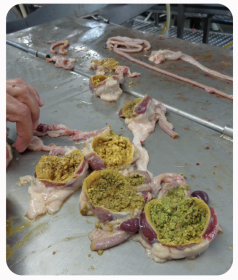
Photo 1: Feed in gizzards
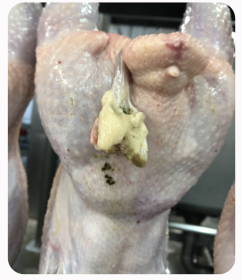
Photo 2: Fecal contamination
TOO LONG
Feed withdrawal more than 12 hours cause the intestines to lose their tensile strength, making them easy to tear and rupture during evisceration.
● Gall bladders may enlarge and rupture easily causing contamination.
● Litter, wood chips or other foreign material may be present in gizzards from birds pecking at the litter.
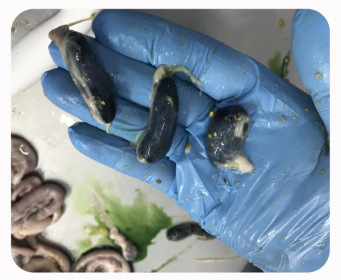
Photo 3: Enlarged gall bladders
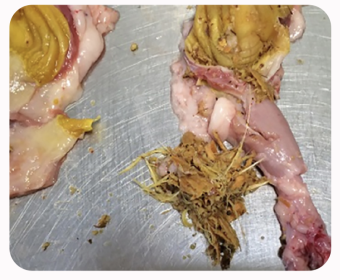
Photo 4: Foreign material in gizzards
Birds should have access to water for at least 2 hours after feed is withdrawn. Leave the water line down until the catchers enter the house.
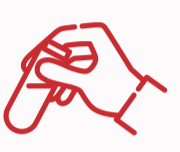
1. Randomly sample 10 viscera packs.
2. Visually evaluate the lower intestines and score the intestines as full or empty (see photo).
3. Evaluate the strength of the intestines by pulling and estimating how much force is required to break the intestines.
4. Cut open the crop, proventriculus and gizzard. Collect and weigh contents from all 3 organs. The contents should weigh less than 5 g for a 2 kg bird.
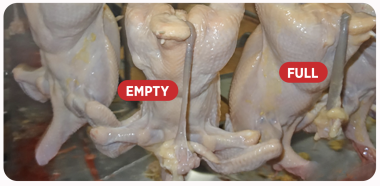
Photo 5. Visually evaluate the lower intestines and score the intestines as full or empty

With the correct feed withdrawal program:
● Intestines will be almost empty and starting to flatten.
● Crops should be empty or have a small amount of water.
● Gizzard contents should vary among
Subscribe now to the poultry technical magazine
AUTHORS

Layer Longevity Starts at Rearing
H&N Technical Team
The Strategy for a Proper Infectious Bronchitis Control
Ceva Technical Team
Elevate Hatchery Performance with Petersime’s New Data-Driven Incubation Support Service
Petersime Technical Team
Maize and Soybean Meal Demand and Supply Situation in Indian Poultry Industry
Ricky Thaper
Production of Formed Injected Smoked Chicken Ham
Leonardo Ortiz Escoto
Antimicrobial Resistance in the Poultry Food Chain and Novel Strategies of Bacterial Control
Edgar O. Oviedo-Rondón
GREG TYLER INTERVIEW
Greg Tyler
Insights from the Inaugural US-RSPE Framework Report
Elena Myhre
Newcastle Disease: Knowing the Virus Better to Make the Best Control Decisions. Part II
Eliana Icochea D’Arrigo
Avian Pathogenic E. coli (APEC): Serotypes and Virulence
Cecilia Rosario Cortés
The Importance of Staff Training on Animal Welfare Issues in Poultry Industry
M. Verónica Jiménez Grez
Rodent Control is a Key Factor in Poultry Biosecurity and Sustainability
Edgar O. Oviedo-Rondón